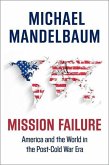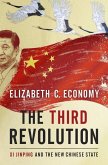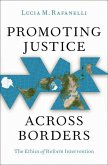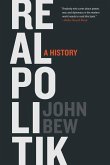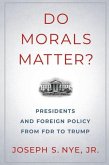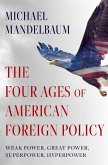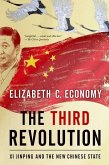Despite untold human suffering, widespread destruction, and far-reaching destabilization, the fires of many of the world's most violent civil wars continue to burn. How can we explain costly and stalemated, yet seemingly endless, conflicts? Wars Without End provides an answer. Bringing together battlefield bargaining dynamics, the escalatory pressures of interstate competition, and the systemic dimensions of geopolitical rivalry in civil wars, the book challenges traditional conceptions of "proxy war" by deriving new propositions about the strategic logics that motivate it. Combining statistics with detailed case studies, it explains how protracted fighting within states is linked to enduring competition between them.
Hinweis: Dieser Artikel kann nur an eine deutsche Lieferadresse ausgeliefert werden.
Hinweis: Dieser Artikel kann nur an eine deutsche Lieferadresse ausgeliefert werden.


